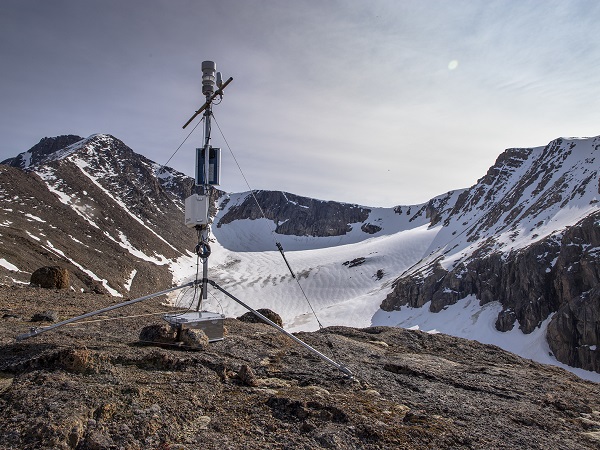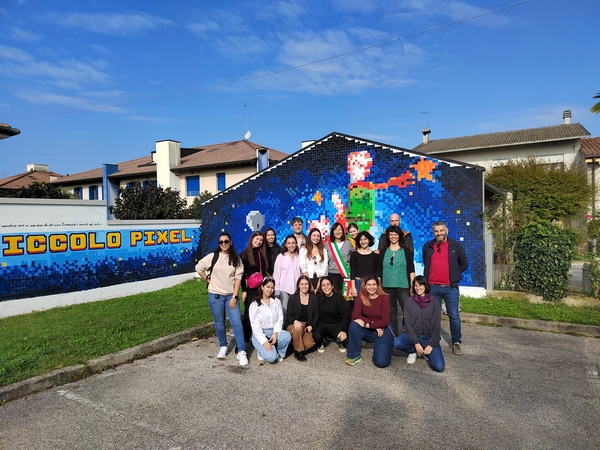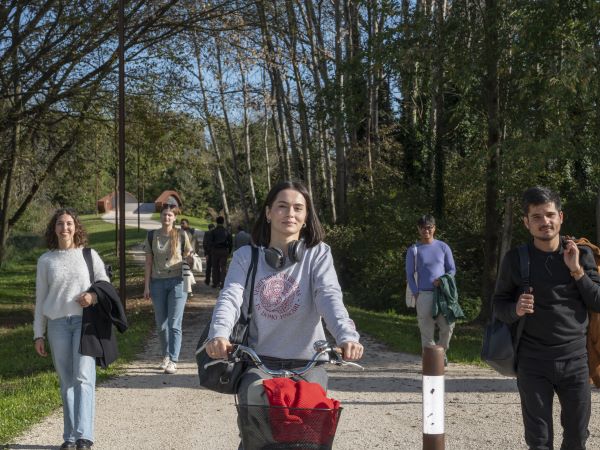The International team of journalists, authors of the Panama Papers inquiry, conducted by Süddeutsche Zeitung and the international consortium of enquiry journalists ICIJ, received the Pulitzer Prize 2017 in the Explanatory Reading category on Monday at Columbia University in New York. Amongst the 376 journalists that for months have studied 11.5 million documents on the links between this tax haven and prominent figures in many countries all over the world, is Alessia Cerantola, Ca’ Foscari alumna, who has collaborated with BBC Radio and is the co-founder of the Investigative Reporting Project Italy (IRPI).
In July 2015, Alessia Cerantola entered in the International team as “responsible, along with colleague Scilla Alecci, for the Japanese team for the Prometheus project, that has given life to the Panama Papers enquiry”. After months of work in the archives of leaked documents from the Mossack Fonseca law firm, the first reports were released in newspapers all over the world in April 2016. The Italian journalist collaborates with other enquiries regarding Italian personalities, but it is above all in Japan that her work has an impact, with articles published in The Diplomat (Japan and the Pana Papers) and Japan Times.

“Although the Japanese personalities involved may be less well-known than the Italian” – she says, commenting on the investigation in both countries – “the impact of the ICIJ enquiry in Japan has been much stronger and lasted longer than those preceding it. It has opened debates on this way of making collaborative journalism, independent journalism, books have been written and debates have been carried out. New branches of investigation have been opened”.
After an experience with Internazionale, the weekly ‘review’ of Japanese media, in 2011 Alessia Cerantola moved to investigative journalism: “I went to my first investigative journalist conference, IRE (Investigative Reporters and editors) in Orlando, Florida, where I came across the works of investigative journalism centers such as CIR, ICIJ and CPI. Back then I used to work mainly in reporting, videos and social enquiries or other current events. However, from then on I started to concentrate on another genre, investigative enquiries, until I, along with other Italian colleagues in 2012, created the first Italian center for investigative journalism based on the American or English model.”
Digging through thousands of files to find stories to bring to light, taking advantage of technology and a network of colleagues spread around the world whenever possible; all this is now at the centre of Alessia Cerantola’s profession, working alongside journalists with lots of experience such as Leo Sisti from Espresso. “They are still just starting out with the investigation” – she comments– “especially if you compare it with what the other colleagues from around the world are doing. I think I have a lot to learn and I hope that this never ends, given how much our job changes every day.”
At Ca’ Foscari she studied Eastern Languages and Cultures, graduating in 2005. Defining her training as ‘heterogeneous’, she says: “From classical languages I have moved to eastern languages, journalism and corporate finance with a Challenge School master. The university is only one of the many milestones of my path. Learning Japanese language, which I started during my school years, was definitely a driving force of my journalistic work.”
From 2013 she began to collaborate with Outlook of the BBC World Service, mainly with interviews and reports from Japan. She does so by continuing to live in her Bassano del Grappa home. “The place where I live is my base” – she explains – “but my travels, especially to Japan, are very frequent. For some types of inquiry, a good part of the research is based on reading documents or databases, so you can do it from anywhere. Only then you can add on-site research and verification."











